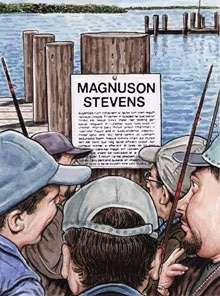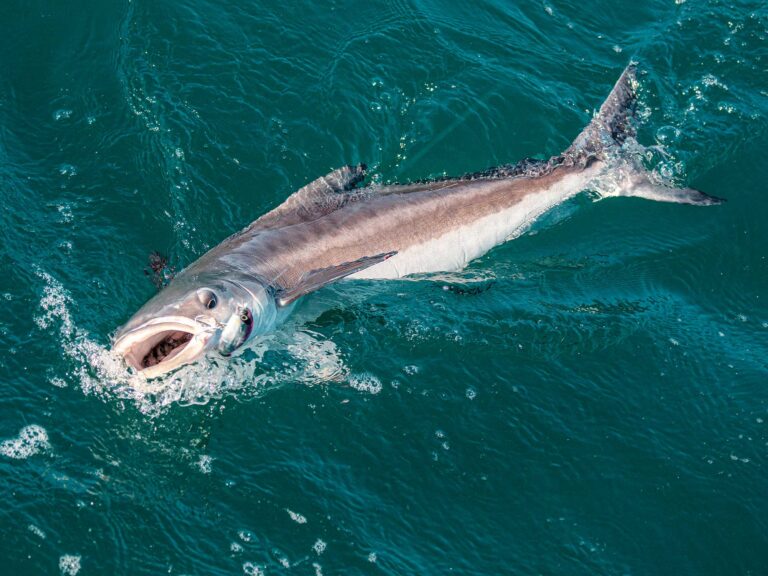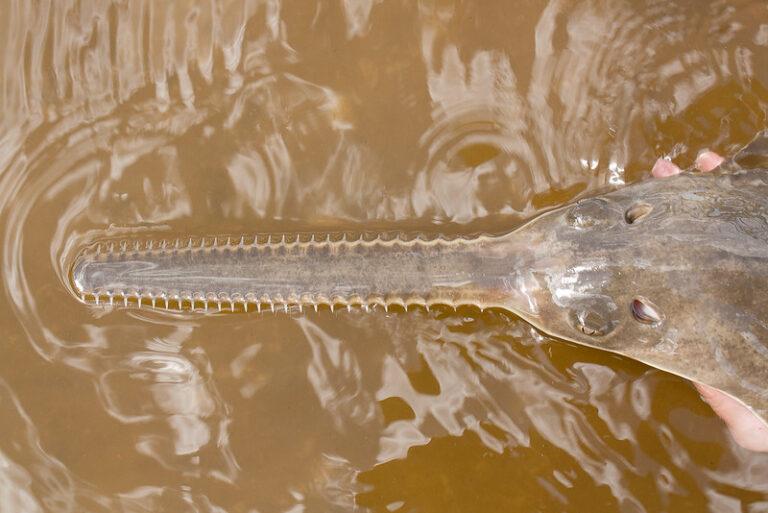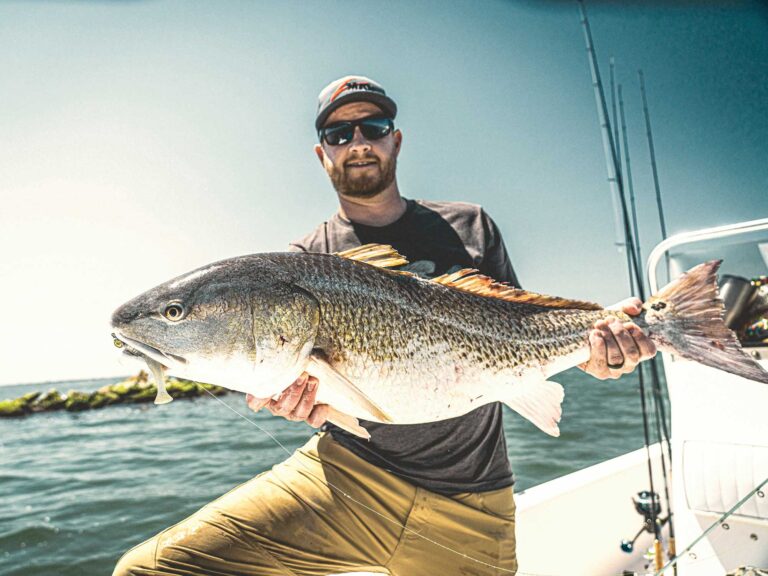
|| |—| || |POST THIS BILL: The law that regulates our fisheries is before Congress once again. Illustration: Drew Friedman| Marine anglers should know that the nation’s most important fisheries legislation is before Congress for reauthorization. Known as the Magnuson-Stevens Fishery Conservation and Management Act (Magnuson-Stevens Act, or MSA), this legislation set up the regional fishery management councils and pretty much does it all fish-wise.
The MSA establishes systems to conserve and rebuild our marine fish populations in the Exclusive Economic Zone (EEZ), from three to 200 miles out. The MSA is reauthorized every three or four yearsit last came up in 1996and this year its time has finally come. Set to be reauthorized in 1999, the existing legislation has just extended itself since then due to a clause that prevents its expiration.
This time, a fairly diverse group of environmentalists and commercial- and recreational-fishing advocates has been trudging the halls of Congress, and this attention is likely what has spurred the legislative activity. As this article is being written, the Senate bill (S. 2012) has been passed out of committee. The House has not moved far along, but legislation mirroring that of the Senate is expected. For the MSA to pass in this session, it will probably have to happen before the summer recessthe process slows as legislators focus on mid-term elections.
Much of the bill manages commercial fisheries, but ensuring sustainable fish populations means that everyone wins. Because the health of our oceans is at stake, the MSA affects us all.
Here are four features of the bill recreational fishermen should know about:
1. Hard Line?
A far-reaching measure in the Senate MSA language requires that fishery managers set annual quotas for all managed species. Currently many species have target or soft quotas. The original language of this bill would set hard quotas that, if exceeded in one year, would require the overage to be deducted from the following year’s quota. This would end overfishing in an almost immediate time frame and would ensure rebuilding programs did not get delayed. As this is being written, several New England senators have been able to get a possible exception to the immediate deduction of overages, and if this language remains in the legislation, the original provision loses a lot of its positive impact.
2. Access and Allocation
The MSA does not mandate the use of a fishery management tool called “limited access privileges,” but it sets the stage for just that. The phrase is a catchall name for programs using individual transferable quotas (ITQs), individual fishing quotas (IFQs) or cooperatives to place limits on who fishes for what. ITQs and IFQs represent a share of a fishery that can be caught or sold to someone else to catch, while cooperatives control entry to an area of a fishery and establish catch limits, often reserving part of the catch for members of the cooperative. More use should result in improved fish populations. The concern about these management schemes is the accumulation of a large amount of shares by any one participant and the bill, if enacted, would help control that. With limited access privileges must come some way to “slice up the pie.” To decide who gets how much of a fishery, managers will review the economic impact of all fishing sectors. We have stressed the positive economic impact of recreational fishing for years.
3. Grounds Control
The bill also addresses Marine Managed Areas, specifically the most restrictive form: no-take reserves. These reserves prevent all kinds of fishing, even catch and release, but the bill would require these closures to be based on science. Because the conservation benefits of a closure will be assessed, with a timetable to review the performance of the closure, nothing will be permanent. And guess what? If the assessment says recreational fishing didn’t cause the problem, then the closed area cannot shut out angling. The closure would also be compared to other management measures—a three-month closed season, for example, and, if the desired result can be achieved with the lesser measure, then that’s what will happen. The language in the MSA will control the arbitrary establishment of “wilderness areas” and help protect recreational access.
4. Information Registration
The legislation would require a federal registry of marine anglers—basically a license. SWS supports this measure, because it will provide indisputable economic evidence.
These measures will have a positive impact on how fish are managed and ultimately help to build healthier fish populations. Good news for all.
The Fine Print
Read the MSA for yourself.
Interested in reading the Magnuson-Stevens Fishery Conservation and Management Act? It’s as simple as visiting the Library of Congress website at http://thomas.loc.gov/ and searching for senate bill S2012. Be warned: This is not light reading (grab a cup of coffee first), but the bill will have a tremendous impact on the future of your fishing.
—Eds.









